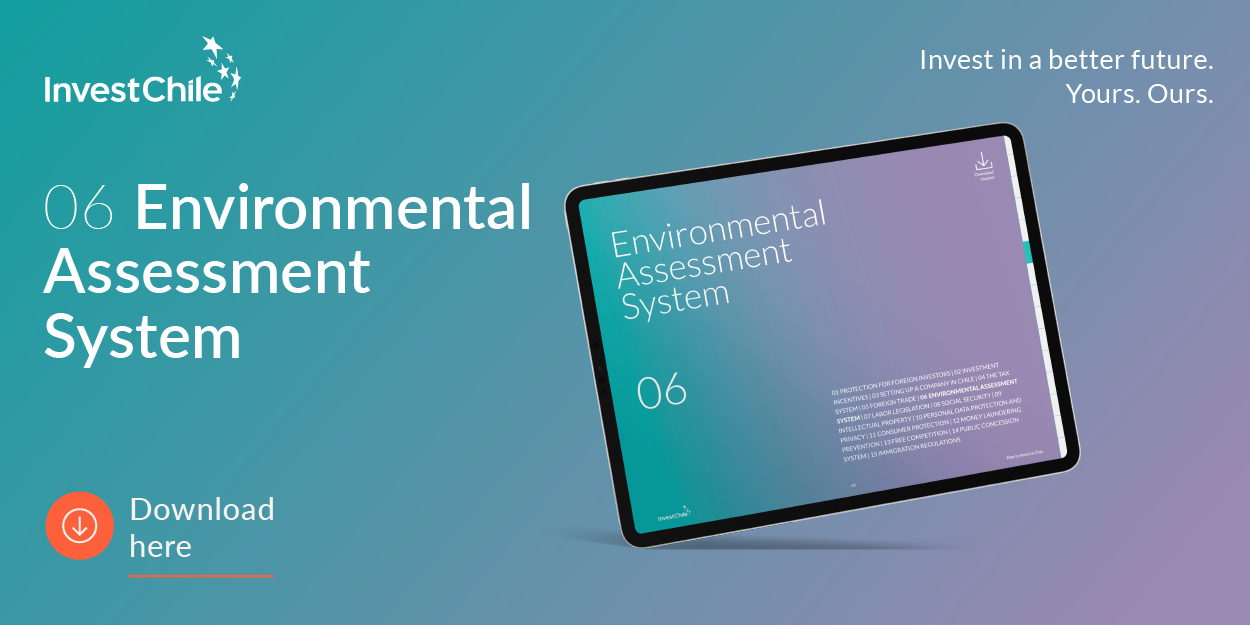They take three and a half hours to recharge, they have 250 kilometers of autonomy and their batteries have a useful life of 4,000 charges. These are the 100 electric buses that the Metbus company will deploy in the streets of Santiago in the coming days.

A mass cargo ship arrived at Chile’s San Antonio Port at end-November, transporting the first 100 electric buses coming from China, in an initiative that looks to combat smog in Chilean capital Santiago. In this context, Chileans have high expectations: a revolution in the public transport system.
The country, rich in minerals, is the world’s largest copper producer and the second largest producer of lithium, a key component in electric vehicle batteries.
Energy Minister Susana Jiménez told Reuters that the government intends for electric vehicles to represent 40% of Chile's private fleet by 2020 and 100% of public transport on the streets by 2050.
The initiative positions Chile at the forefront of clean mobility in Latin America and among developing countries worldwide.
"Chile will have the second highest number of electric buses in the world, after China," Chilean President Sebastián Piñera said in early November.
The 100 buses that are set to circulate Santiago’s streets were manufactured by Chinese firm BYD Electronic International, and financed by the local subsidiary of Italian power company Enel Generación.
The next 100 vehicles, financed by the French power firm Engie, are being built by Chinese company Zhengzhou Yutong Bus.
According to the Energy Ministry, Chile offers both environmental tax and traffic restriction exemptions for electric vehicles, as well as subsidies and other benefits to taxi drivers who prefer energy-efficient cars.
The government is not only pushing this measure on the capital’s streets; it is also encouraging the mining industry to incorporate electric trucks. In this context, state miner Codelco recently announced a pilot plan to begin using them.
If you would like to learn more about Electric vehicles , see this article.
Sources: Reuters and La Tercera



%2017.11.51.png)

